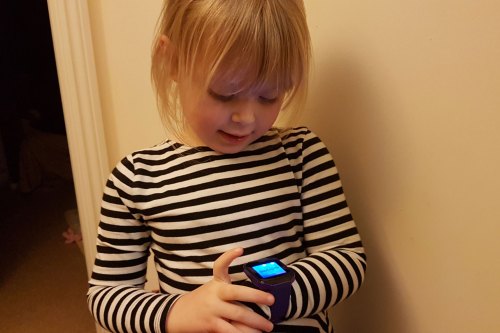
While the agency did not mention security concerns in its announcement, it comes nearly a month after the European Consumer Organization (BEUC) issued a report citing privacy and safety concerns with many of the smartwatch manufacturers. In its report, published last month by the Norwegian Consumer Council, the BEUC warned parents these devices may have vulnerabilities that could make stealing data or hacking the device relatively easy. The organization even found one of the smartwatches providing unencrypted location information to servers in China.
Children’s smart devices, such as smartwatches, cameras, and other toys, are internet-enabled devices that capture and transmit data to third-parties. The watches frequently use cameras, microphones and GPS trackers to allow parents to track their children in real time. If this data is not properly transmitted or stored, however, attackers could use this information to track and contact children without their parent’s consent.
Smartwatches are not the first children’s device to be prohibited by the Federal Network Agency. Earlier this year, the agency banned the My Friend Cayla smart doll over fears the device could be hacked and children’s data illegally collected.
Although German authorities banned children’s smartwatches, the U.S. is being more conservative, issuing a public service announcement earlier this year. The announcement, issued by the FBI, warned children’s smart devices can “record and collect conversations within earshot of the device. Information such as the child’s name, school, like and dislikes, and activities may be disclosed through normal conversation with the toy or in the surrounding environment.”
The FBI urges parents to use the devices with caution and examine user agreements and privacy practices, as well as know where their data will be stored.. It also urges parents to ensure devices are turned off when not in use.
Editors' Recommendations
- How we test smartwatches and wearables
- The best smartwatches and wearables of CES 2023
- Are smartwatches and fitness trackers making us more anxious?
- Facebook is reportedly making a smartwatch, and it’ll have health features
- The best smartwatches of CES 2020: Fossil Gen 5, Diesel, and Amazfit